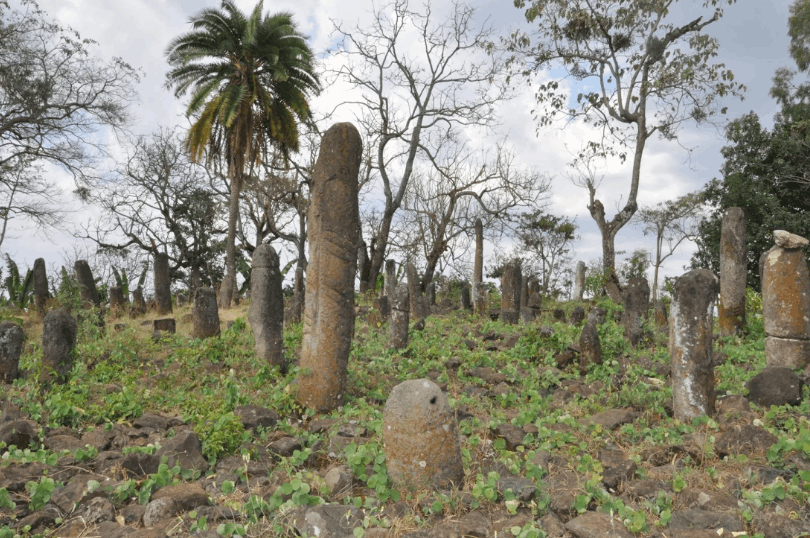Africa's rich cultural and natural heritage recently reached a significant milestone worth celebrating. At the 45th session of the World Heritage Committee in September, UNESCO proudly announced the addition of five new locations to the esteemed list of World Heritage Sites, marking a momentous occasion as sub-Saharan Africa's tally surpassed 100 for the very first time.
Among these additions were Rwanda's inaugural two World Heritage Sites, part of the 42 new entries recognized worldwide. Nyungwe National Park, characterized by its diverse topography spanning forests and peat bogs, serves as a habitat for the Eastern Chimpanzee, Golden Monkey, and other unique species. Another site memorializes the 1994 genocide, encompassing Nyamata, Murambi, Gisozi, and Bisesero, solemnly commemorating the tragic events that targeted Rwanda's Tutsi population.
Ethiopia proudly saw the inclusion of the expansive 215,000-hectare Bale Mountains National Park, boasting the continent's largest afro-alpine habitat. The Gedeo Cultural Landscape, home to a quarter of a million indigenous Gedeo people in the Eastern Highlands, also earned its place on the prestigious World Heritage list. Additionally, the Forest Massif of Odzala-Kokoua in the Republic of Congo, a crucial sanctuary for the region's forest elephants, secured its spot among these remarkable additions.
However, amidst these triumphs lies the stark realization that the continent still has a considerable distance to traverse in obtaining recognition for its heritage. Sub-Saharan Africa, home to 1.2 billion people, lays claim to less than 10% of the sites inscribed on the list. Moreover, Africa faces a higher percentage of World Heritage sites in peril compared to any other continent, with 11 countries lacking a single entry.
Presently, 1,199 World Heritage sites benefit from conservation agreements and tourism fostered by this status. UNESCO notes 103 of these sites in its African region. Notably absent from this count are Algeria, Egypt, Libya, Mauritania, Morocco, Sudan, and Tunisia, which contribute a total of 42 World Heritage Sites, included under UNESCO's Arab States region.
To earn recognition, a site must exhibit "outstanding universal value" and meet at least one of ten criteria, signifying exceptional natural phenomena or cultural significance. Africa undeniably possesses these qualities. So, why does it remain historically underrepresented?
Lazare Eloundou Assomo, director of World Heritage, cites several contributing factors. Some nations were slow in ratifying the 1972 World Heritage convention, delaying their ability to submit applications. He also highlights historical limitations in expertise and capacity within some countries to identify and nominate potential sites.
Additionally, the nomination process itself is lengthy and resource-intensive. UNESCO notes a minimum two-year timeline from nomination to inscription on the World Heritage list, demanding resources that some nations may lack.
